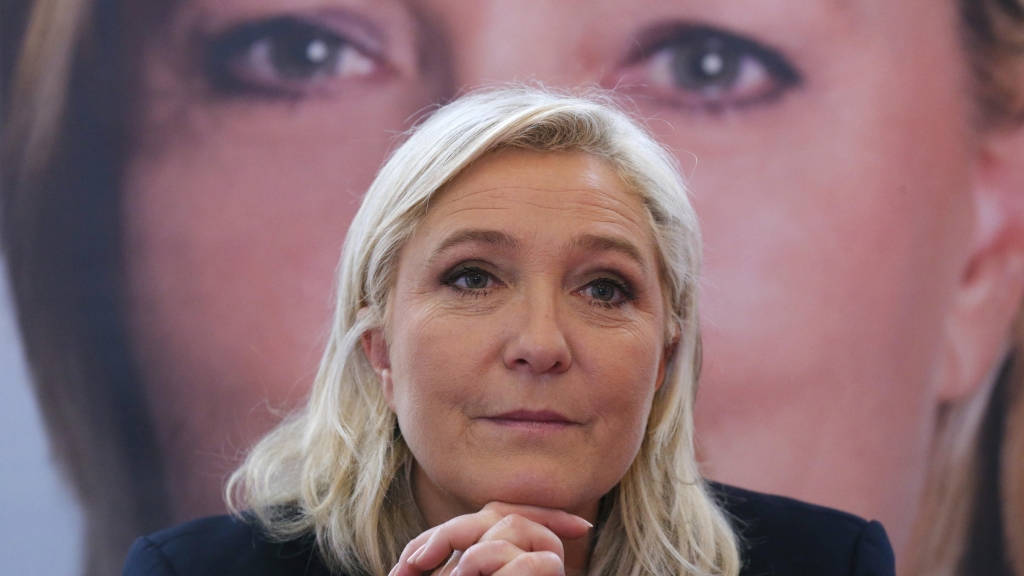-
Tips for becoming a good boxer - November 6, 2020
-
7 expert tips for making your hens night a memorable one - November 6, 2020
-
5 reasons to host your Christmas party on a cruise boat - November 6, 2020
-
What to do when you’re charged with a crime - November 6, 2020
-
Should you get one or multiple dogs? Here’s all you need to know - November 3, 2020
-
A Guide: How to Build Your Very Own Magic Mirror - February 14, 2019
-
Our Top Inspirational Baseball Stars - November 24, 2018
-
Five Tech Tools That Will Help You Turn Your Blog into a Business - November 24, 2018
-
How to Indulge on Vacation without Expanding Your Waist - November 9, 2018
-
5 Strategies for Businesses to Appeal to Today’s Increasingly Mobile-Crazed Customers - November 9, 2018
Post-Paris attack election win for French far right National Front party
France’s far-right National Front party, capitalizing on terrorist attacks last month in Paris, was dominant in the first round of weekend regional elections.
Advertisement
President Hollande has seen his personal ratings surge on the back of his hardline approach since the Paris carnage, but his party is being punished for a jobless total of around three million.
Only two members of the party’s political bureau, ex-ecology minister Nathalie Kosciusko-Morisot and former prime minister Jean-Pierre Raffarin, opposed Sarkozy’s line, arguing that the Republicans should withdraw in the Languedoc-Roussillon-Midi-Pyrenées region, where they are in third place after the FN and the Socialists. The National Front’s biggest challenge moving forward will be to preserve its anti-establishment appeal after becoming a mainstream party.
Any party which secures 10 percent backing in the first round can field candidates next Sunday.
Opposition leader Nicolas Sarkozy ruled out any alliance between the socialists and his center-right Les Republicains. It’s not farfetched to anticipate that if Marine Le Pen is elected, she would impose stricter policies to stop immigrants, especially Muslim African immigrants, from entering the country.
Speaking Monday on RTL radio, Jean-Christophe Cambadelis, Secretary General of the Socialist Party, reiterated the will of his party to withdraw candidates in these two regions.
The governing Socialist Party, which dominated councils of French districts, failed in the third election test to appease discontent voters on economic woes and security worries that the National Front benefit from to reshape the country’s political landscape and challenge for the presidential election in 2017.
Support for the far-right party, which has a strong anti-immigration platform, seemed to rise in reaction to Europe’s refugee crisis and the terror attacks that claimed 130 lives in Paris on November 13.
Long content with attracting protest votes, the FN has changed strategy since Le Pen took the party over from her father Jean-Marie in 2011, seeking to build a base of locally elected officials to target the top levels of power.
“We are without question the first party of France”. The Socialists have since announced that they will not contest the next round of voting in some areas, in order to allow supporters of mainstream parties to rally around a single candidate.
While it won 11.42 per cent of the vote in the first round of the most recent regional elections, in 2010, it got 25.25 per cent in the first round of elections to smaller departments in March.
“This is a historic, extraordinary result”, FN lawmaker Marion Marechal-Le Pen told TF1 television.
Advertisement
The vote is also an important test of FN support ahead of the 2017 presidential election.





























